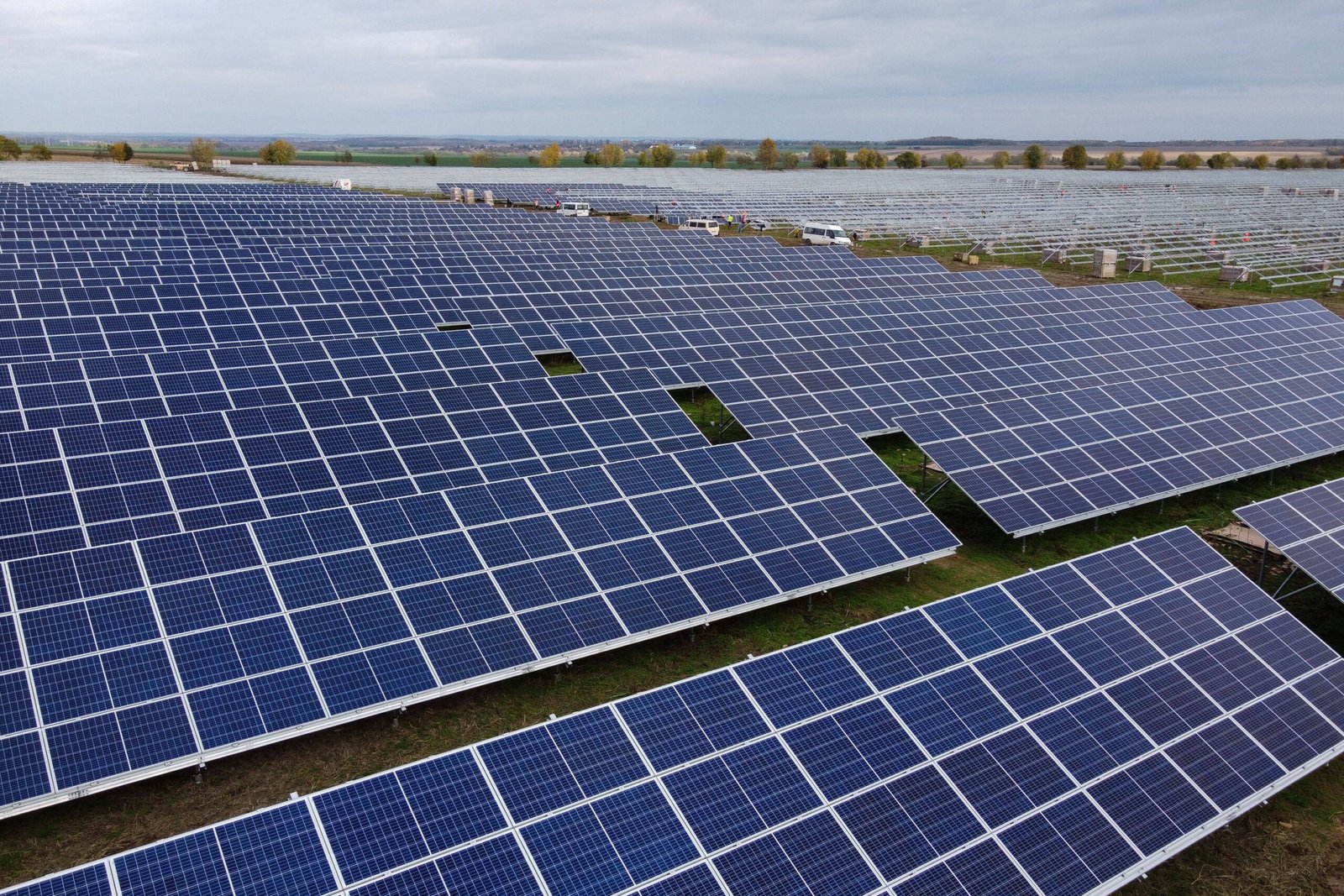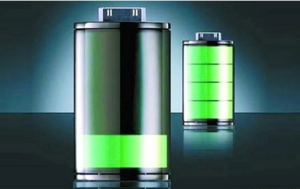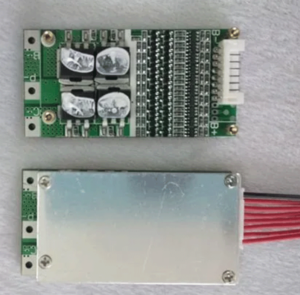Photovoltaic cells, commonly known as solar cells, are the fundamental building blocks of photovoltaic panels. These panels harness sunlight and convert it into usable electricity through a process called the photovoltaic effect. Solar panel efficiency plays a crucial role in determining the overall performance of a photovoltaic system. Higher efficiency means that more sunlight can be converted into electricity, resulting in greater energy production. Renogy solar panels, including their monocrystalline solar panels, are renowned for their high efficiency and durability. These PV solar panels have been widely adopted in residential, commercial, and industrial applications due to their exceptional performance and reliability.
If you’re looking for solar panels on a budget, exploring options from solar wholesale suppliers can be a great way to find affordable solutions. Many solar wholesalers offer a range of cheap solar panels without compromising quality. These cost-effective options can help you embrace renewable energy without breaking the bank. By leveraging advancements in solar technology and the availability of competitive pricing, more people are now able to access and benefit from solar power, contributing to a greener and more sustainable future.
Let’s talk about the difference between photovoltaic modules and batteries:

Photovoltaic modules and cells: Do you know what the difference is
First, the definition of photovoltaic modules and cells
Photovoltaic modules and cells are the core devices of solar power generation. Photovoltaic
modules are composed of multiple cells and have a large area and high power output. The cell is
an integral part of the photovoltaic module, which is the basic unit that converts solar energy into
electricity.
Second, the structure and materials of photovoltaic modules and cells
Photovoltaic modules are usually composed of a number of cells and the support, isolation layer,
inverter and so on around the battery. The structure of the battery is relatively simple, usually
composed of multiple layers of silicon, P-type and N-type silicon between the PN junction and
metal electrodes. In terms of materials, the main material of photovoltaic modules and cells is
silicon.
Third, the application of photovoltaic modules and cells
Photovoltaic modules are widely used in a variety of solar photovoltaic power generation systems,
including solar street lights, solar carport, solar agricultural irrigation, solar smart home and so on.
And the battery is mainly used in the manufacturing of photovoltaic modules, through the series
and parallel way, composed of large power generation.
Fourth, the difference between photovoltaic modules and batteries
- The structure is different
Photovoltaic module is composed of a number of cells, the middle also includes the support,
isolation layer, inverter and other basic components, forming the entire power generation system;
And the battery is a single component of the photovoltaic module.
2 Function differently
The main function of photovoltaic modules is to convert solar energy into electricity, and output
a large amount of electricity; And the battery is to complete the photovoltaic module internal
energy conversion process, does not have independent power generation function.
- Different application fields
Photovoltaic modules can be widely used in solar street lights, solar carport, solar agricultural
irrigation and other fields, becoming the main means of solar power generation; And the battery
is mainly used in the photovoltaic module inside, through the series and parallel mode,
composed of large power generation.
Fifth, conclusion
Through the above introduction, we can see that there is a clear difference between photovoltaic
modules and batteries. Photovoltaic module is the main means of solar power generation, and
the battery is the basic unit of photovoltaic module. For the design and manufacture of solar photovoltaic power generation system, these two devices play an important role, and are
inseparable from each other.




